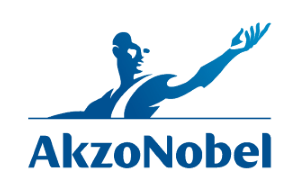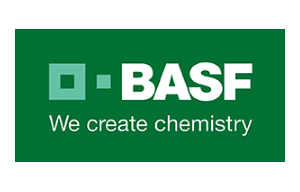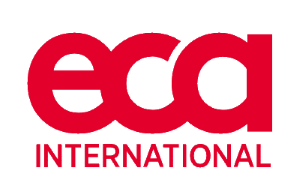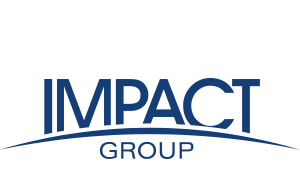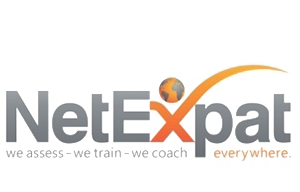Our Agenda
Permits Foundation promotes the best practice of an ‘open’ work permit or authorisation for legally resident partners of international employees. This gives them immediate access to the employment market for the same duration as the main work permit holder, once they have obtained their accompanying family member residence status. They can then apply for jobs freely, and take temporary project work or part-time work, without the uncertainty and time consuming bureaucracy of a work permit application. It also reduces bureaucracy for the authorities and helps employers fill urgent and temporary vacancies.
Successes and challenges
Since we started our campaign, over thirty countries now allow spouses to work and there are clear signs of a growing trend to recognise family needs, including the recognition of unmarried and same-sex partners, and also allowing children of working age to work.
Our World Map provides a global overview which, for simplicity divides these countries into three groups:
- Green countries – direct employment access for spouse or partner
- Blue countries – spouse or partner can access employment but with some conditions
- Red countries – no access to employment via dependant status
In practice, the situation is more complex and there are variations within each group. Even within the best practice group, partner employment authorisation may only apply to specific visa types and not all countries recognise unmarried or same-sex partners. The USA, for example, gives work authorisation to the married spouses of intra-company transferees, treaty traders and some H1Bs but not to other highly skilled visa categories. In Ireland, spouses and partners of critical skills permit holders can access employment but not dependants of ICTs. This very complexity is an additional hurdle for international organisations and the employees they need to transfer for business reasons.
So, there is still much to be done and we have set up local sponsor networks for example in India and South Africa to expand on the work that we do from our international base in the Netherlands. Local steering committees also help us to plan an approach to the government ministries, taking the political, economic and social climate into account.
Examples
- European Union: Provisions for non-European family members to work were included in the EU ‘Blue Card’ Directive and implemented by Member States taking part. We also campaigned successfully for family members to be allowed to work under the EU Directive on intra-corporate transfers (ICTs) and to maintain this clause in the revised Blue Card provisions. We continue to monitor how Member States are implementing these EU Directives.
- Brazil: Along with our local network we carried out advocacy work in Brazil, making the case in person and in writing to the authorities. In 2016, a government decree on the legal status of foreigners included clause that the partners of temporary work visa holders can work in Brazil.
- India: We continue to advocate full access to employment and self-employment for spouses. Our work has resulted in a change of regulations, permitting spouses of intra-company transferees to apply for an employment visa in India. We have met several times with the Department of Home Affairs and other key actors in India with a view to achieving direct work authorisation for ICT spouses.
- Singapore: We are in conversation with the authorities, requesting improved work access via the Dependant’s Pass.
- Japan: As a result of our efforts, improvements have been made to work permit requirements for professional spouses. We continue to promote full work authorisation.
- UK: We successfully argued against a tightening of regulations for dependents of intra-company transferees.
- USA: We are promoting an extension of employment authorisation for spouses of all skilled work permit holders, as well as recognition of unmarried partners.
As success is achieved, we will set up new networks to promote change in Asia, Latin America, Middle East and Africa.
Each year, we organise round table events and/or working groups for our network in key locations. We also organise a biennial conference, which includes government representatives from relevant countries. Join us for our next symposium, details will be revealed on our news page.







